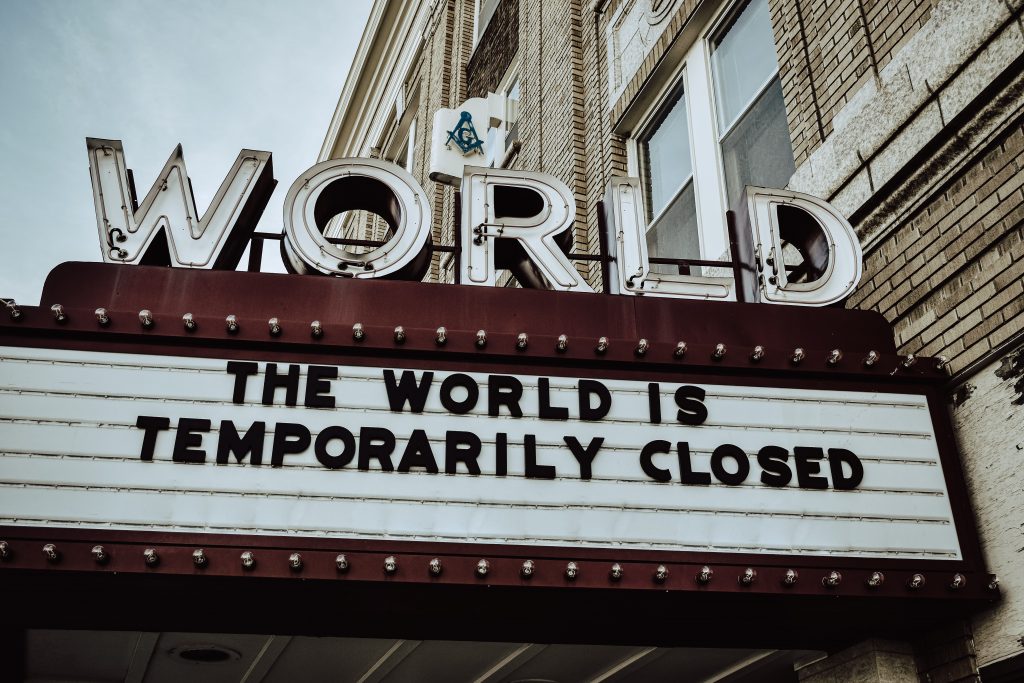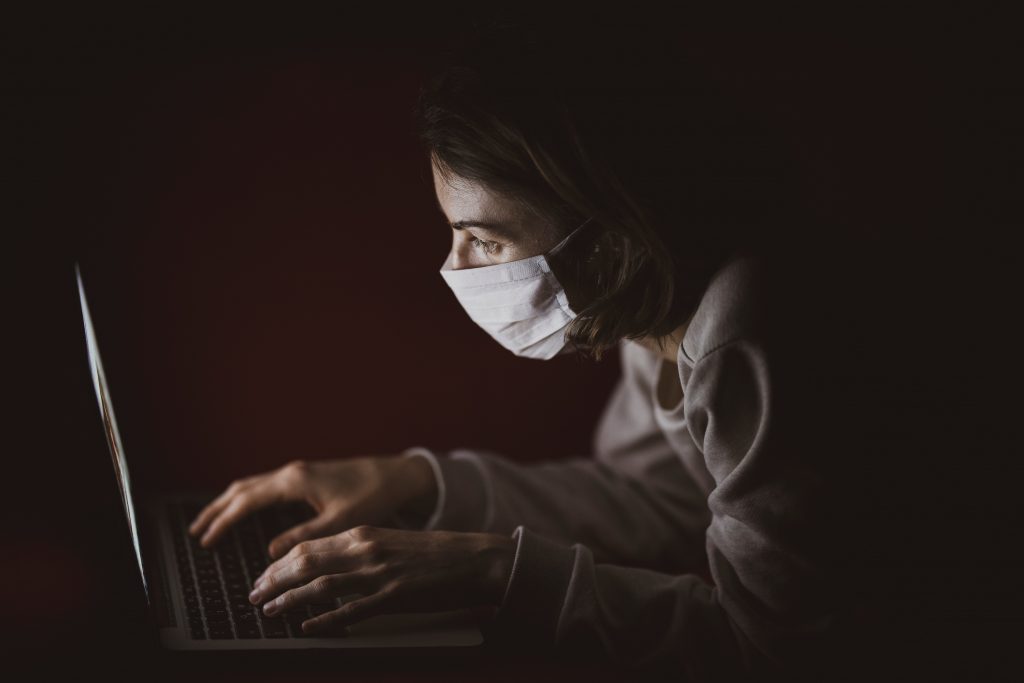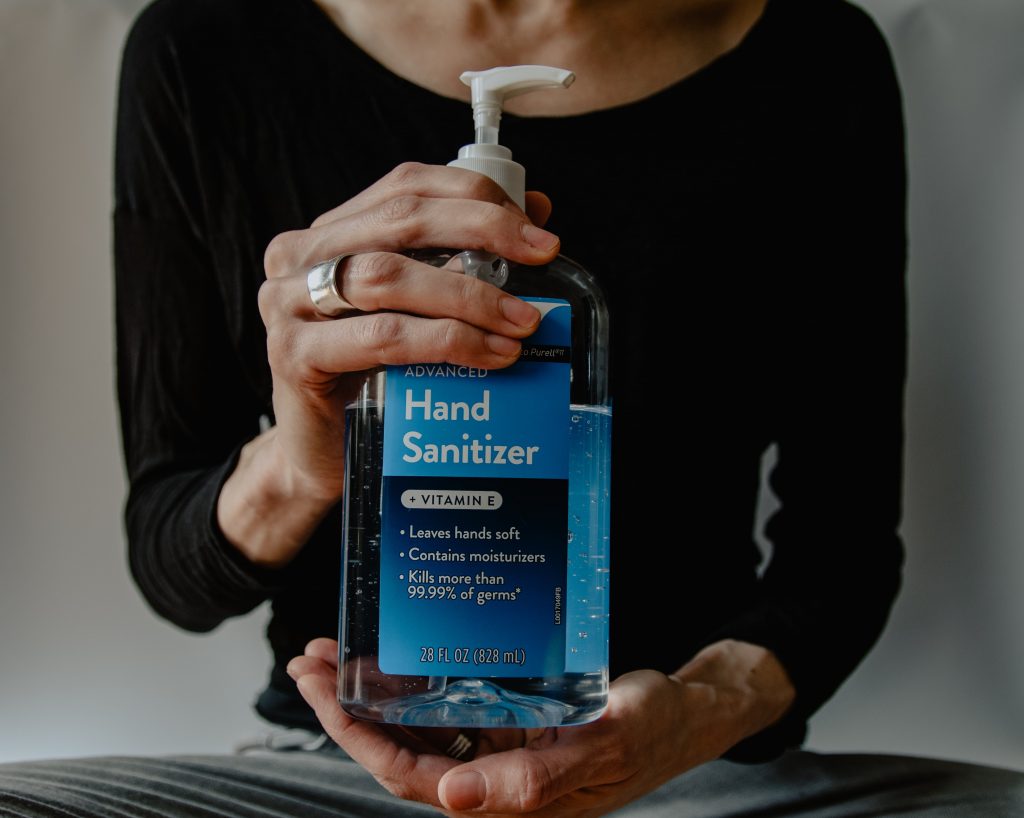Coronavirus and Isolation: How COVID-19 Can Impact Those Struggling with Mental Health and Addiction
Since the early part of 2020, the world has faced one of the most difficult challenges I have ever witnessed during my lifetime. The human population is currently suffering a pandemic of epic proportions. During this time of crisis, it is a quality of human nature to look to our families, friends, and loved ones for support. Unfortunately, the pandemic is pushing many in the opposite direction. Due to restrictions imposed by authorities to combat the spread of the virus, we are now “socially distancing” ourselves from one another. In essence, we are being encouraged to isolate ourselves to a greater degree in order to help our communities – and the entire human race – overcome this pandemic. Many different emotions can come to the surface when isolated. It is a time when many will be forced to go inward and take a look at themselves. The process of inner reflection during a time of crisis may bring about fear, anxiety, and doubt. As a result, this current crisis seems to be exacerbating the world’s current struggles with substance abuse and mental health. However, with proper guidance and support, anyone can prevent relapse and remain physically and emotionally healthy.

Isolation and Loneliness
Isolation and loneliness are two of the most significant driving factors in addiction and mental illness. Human beings normally seek a sense of connectedness with others, often resulting in frequent physical contact. If we are deprived of this, we are susceptible to emotional deficiencies and vulnerable to addiction. A research team at McGill University in Canada found that a distorted perception of time, increased anxiety, and even hallucinations can be caused by just a few hours of isolation. Lack of human contact can lead to cognitive breakdown. Studies also show that lack of social connection can increase mortality rates. Isolation can increase depression, anxiety, sleep disturbances and maladaptive coping skills. For example, many people who struggle with substance use disorders or mental illness will find their symptoms and unbeneficial behaviors exacerbated during these uncertain times. Individuals may increase their maladaptive coping skills in order to self soothe (or medicate) the only way they know how, through the use of substances, food, alcohol or other unhelpful behaviors.
Despite these factors, there is certainly hope. West Coast Recovery Centers (WCRC), along with many other San Diego-based drug and alcohol treatment centers, has been actively adapting to this pandemic. It is still accepting new patients and is providing the quality of care consistent with its treatment standards, including client’s safety and well-being as priority. It has moved all group work to telehealth as well as individual and family therapy. It continues to provide a wide range of modalities using the telehealth platform. Traditional evidenced-based groups such as Cognitive Behavioral Therapy groups as well as psychoeducational groups are still taking place in addition to other holistic modalities such as breathwork and trauma release in a modified format. West Coast Recovery Centers, like so many other treatment centers, is holding client care and safety to the highest standard in order to ensure clients and their families feel supported during this tumultuous time.
It has been amazing to see what facilities have done to ensure client care is not compromised. On behalf of everyone at West Coast Recovery Centers, I want to thank all those who work in the healthcare industry and who show up everyday despite the pandemic. I commend each and everyone of you.

Here are 10 simple suggestions to combat isolation:
- Stay connected with your recovery community via Zoom or other online platforms. All recovery meetings such as AA, SMART, and Refuge recovery are now being offered online. We encourage you to participate in as many online meetings as possible. Here are some links to online recovery meetings in San Diego County: http://www.aasandiego.org/legend.html, https://refugerecovery.org/meetings?tsml-day=any&tsml-region=online-english, https://www.smartrecovery.org/smart-recovery-toolbox/smart-recovery-online/
- Stay connected with your therapist. All therapists have had to adapt to this crisis using telehealth services. Make sure to continue to work with your therapist via online platforms/phone services being offered.
- Make sure to keep in contact with your friends and family as much as possible. A fun way to do this is through online hangouts. This can bring you joy and laughter through these hard times.
- Practice physical exercise. There are many online workout classes available. Your physical health is directly related to your mental health. Get active to release those endorphins!
- Mindfulness and Meditation. This is a great time to go inward and do some serious self reflection. There are many different styles of meditation practices offered online. Find one that you connect with. Meditation is extremely beneficial in quieting the mind, relieving stress, and reducing anxiety.
- Keep a routine. Little things like making your bed and getting dressed like you’re going to the office will keep you focused. It will help to combat lethargic thoughts, low self esteem, and feelings of depression.
- Be creative. Paint, read, listen to music. Get back in touch with your creative side. It is fun and a healthy use of the mind. Check out our latest blog of about how to stay creative and the benefits of art therapy.
- Go on a walk. Make sure to get outside and get some fresh air. Vitamin D is vital to our well being. Please be responsible and practice the social distancing guidelines and other regulations that have been implemented in your area.
- Remember to eat well and start cooking all your meals. This is a fun way to get creative and stay healthy. Our gut flora is also directly related to our mental health. Please be mindful of the food you are putting in your body.
- Love yourself. Please remember to not be too hard on yourself during this isolation period. Always remember that you hold value as a human being, and let those around you know the same!
We strongly advise everyone to follow the CDC protocol for social distancing. It is up to us to keep ourselves and our community safe. Always remember, you are not alone during these difficult times. If you find yourself struggling please do not hesitate to reach out for help. West Coast Recovery Centers has a team of professionals readily available to help walk you through the process of finding help. If you feel inclined, please visit the West Coast Recovery Centers Facebook or Instagram page and share with us what you’re doing to stay healthy during this tough time.

Evan Chodzko is Head of Business Development at West Coast Recovery Centers (WCRC) in Carlsbad, CA. WCRC empowers and inspires change through innovative, traditional and non-traditional methods of treatment for those suffering from substance abuse addiction or mental health disorders. He can be reached at 760-492-6509 or [email protected].
Please visit our website at www.westcoastrecoverycenters.com.
We work with most major insurance companies on an in-network basis.
